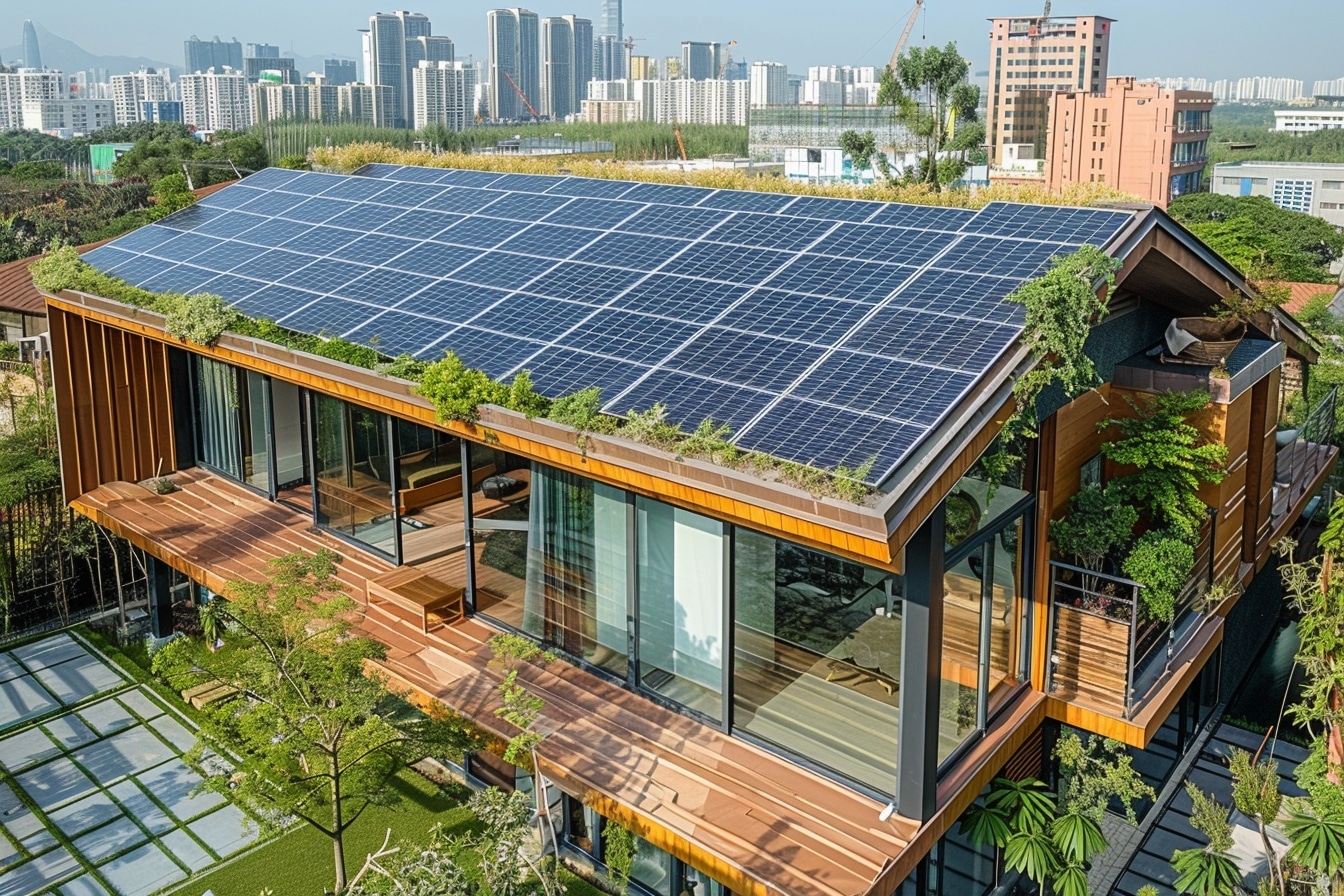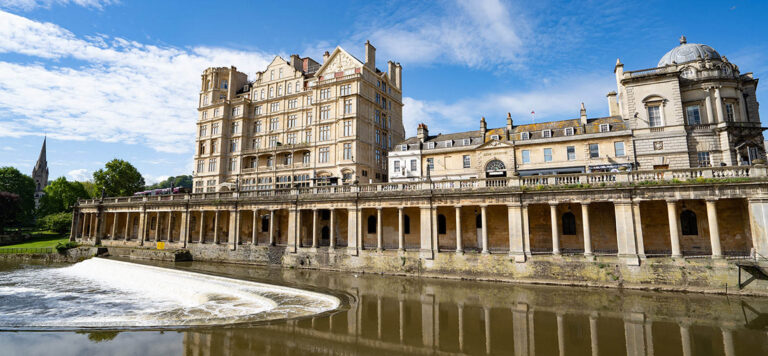The Rise of Sustainable Living in Urban Areas: Trends and Benefits
Introduction to Sustainable Urban Living
As cities grow, sustainable urban living has become crucial for reducing environmental impact while maintaining a high quality of life. This concept focuses on creating communities that prioritize energy efficiency, green spaces and eco-friendly transportation, all while encouraging responsible resource consumption. From solar-powered homes to bike-friendly infrastructure, these urban environments are designed to minimize carbon footprints and promote healthier lifestyles. If you’re exploring options for eco-conscious living, some West Palm Beach homes for sale integrate these sustainable features, offering a blend of comfort and environmental responsibility.
Critical Trends in Urban Sustainability
In recent years, cities around the globe have seen a revolutionary surge in eco-friendly initiatives. Urban environments are leveraging technologies and creative strategies to promote sustainability. For instance, green building designs and renewable energy installations are becoming standard practices in new urban developments. A Forbes article highlights how city planners direct large-scale projects and implement local-level initiatives to encourage residents in their sustainable endeavors. These include incentives such as subsidized solar panel installations and community gardening plots.
Such innovations contribute to a positive feedback loop where increased sustainable practices ignite further demand for green solutions, thereby driving continuous improvements in urban living standards and fostering a culture of sustainability.
Top Benefits of Sustainable Living in Cities
- Improved Air Quality and Public Health: Urban areas adopting sustainability enjoy decreasing pollution levels, directly contributing to better respiratory and cardiovascular health among residents. Cleaner air leads to fewer health complaints and a higher quality of life.
- Reduced Cost of Living: Investing in energy-efficient appliances and retrofitting buildings to be more eco-friendly can lead to significant utility cost savings, proving that going green is also economically viable.
- Enhanced Biodiversity and Eco-friendly Urban Environments: Through increased green spaces and biodiversity-supportive infrastructure, cities can create havens for wildlife, contributing to a richer, more balanced urban ecosystem.
These benefits extend beyond individual gains, making sustainable living indispensable in the broader effort to combat global environmental issues while enhancing urban life quality.
Technological Innovations Facilitating Sustainability
Technological progress is an essential pillar supporting the shift to sustainable urban living. Innovations such as smart grids, optimized waste management systems, and enhanced public transportation are revolutionizing how cities function. Smart technologies, including IoT and AI, enable cities to efficiently manage resources, reduce wastage, and improve the overall environmental footprint. These advancements make real-time data accessible, allowing for quick adaptations to environmental challenges and enhancing the efficiency of urban systems.
This tech-driven approach empowers cities to achieve remarkable reductions in energy consumption, promoting sustainable growth while accommodating increasing urban populations.
The Role of Government Policies
Governments have a vital role in promoting and enabling sustainable practices. Regulatory measures offer city structures that promote the uptake of green technologies and behaviors. This includes offering tax breaks for eco-friendly home upgrades, grants for community-led green projects, and stricter emissions standards for vehicles and industrial operations. These policies catalyze the widespread adoption of sustainable practices, supporting cities in becoming resilient against environmental challenges.
Pioneering government measures ensure that sustainability is embedded within urban planning agendas, paving the way for cities to thrive harmoniously with nature.
Community Involvement in Sustainable Living
Community involvement significantly drives the transition to sustainable urban living. Local organizations and grassroots movements spearhead initiatives that encourage collective action toward sustainability. Community-led projects, such as urban gardening spaces, zero-waste workshops, and public engagement campaigns, underscore the power of united community efforts to foster a culture of sustainability. By participating, residents contribute to environmental preservation and foster social cohesion and collective well-being.
Through community-driven efforts, sustainability becomes a shared responsibility, encouraging more inclusive and participatory urban development.
Practical Steps to Adopt a Sustainable Lifestyle
People in cities have many choices for incorporating sustainability into their everyday routines. Utilizing public transport systems, practicing energy conservation at home, reducing single-use plastics, and supporting local, sustainable businesses are all practical steps that contribute to this shift. Educating oneself about sustainability and influencing others within one’s social networks can amplify the effects of these individual actions.
As more people adopt these habits, the cumulative impact can drive substantial change, proving that collective individual actions have the power to redefine urban sustainability.
Future Prospects of Sustainable Urban Living
The future of sustainable living in urban environments is bright, with continuous technological advancements, robust governmental support, and active community participation. As urban areas develop, they are likely to become pioneering models of sustainability, embodying advancements that promote environmental health and human well-being. The collaborations between technology, policy, and community empowerment illustrate a holistic approach for cities aspiring to retain their vibrancy while reducing their carbon footprint.
This evolution signals a promising future where urban areas are safe, resilient, and more attuned to the needs of both people and the planet.
Keep an eye for more latest news & updates on News Letter Tribune!






